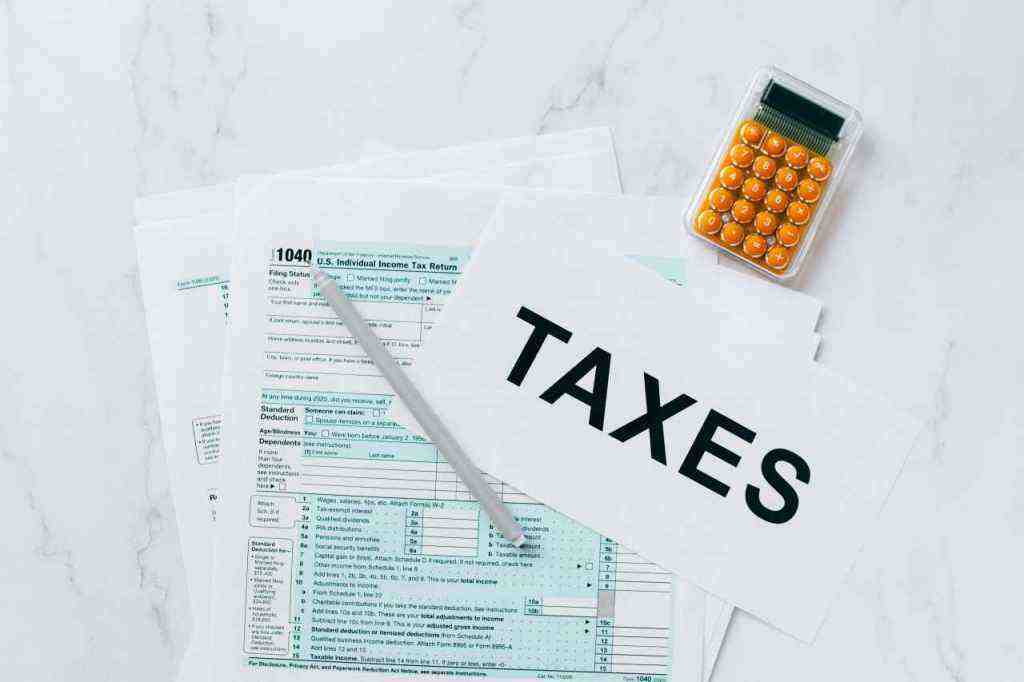2024 Tax Season: A Path to Filing Success
Introduction
Navigating the complexities of tax season can be daunting, but with preparation and the right resources, you can ensure a smooth and successful filing experience. As we embark on the 2024 Tax Season, let’s delve into crucial dates, notable changes, and essential tips to help you conquer this annual financial hurdle.
Key Dates and Deadlines
Mark your calendars with these important dates to avoid penalties and ensure timely filing:
January 12: IRS Free File Opens
Kickstart your tax preparation journey with IRS Free File, a gateway to free tax preparation and electronic filing services.
January 16: 2023 Fourth Quarter Estimated Tax Payments Due
Don’t forget to submit your estimated tax payments for the fourth quarter of 2023 to avoid potential penalties.
January 26: Earned Income Tax Credit Awareness Day
This day serves as a reminder of the Earned Income Tax Credit (EITC), a valuable credit that can significantly reduce your tax liability if you meet certain income requirements.
January 29: Filing Season Start Date
The official starting gun for filing individual tax returns. You can begin submitting your returns electronically or via snail mail.
April 15: Tax Filing Deadline
The standard due date for filing tax returns for most taxpayers. If you need more time, you can file for an extension by submitting Form 4868, extending the deadline to October 15.
April 17: Tax Filing Deadline for Maine and Massachusetts
Due to the Patriots’ Day holiday, Maine and Massachusetts have a slightly extended deadline for filing tax returns.
October 15: Due Date for Extension Filers
For those who have obtained an extension, this is the final day to submit your tax returns. Don’t miss this deadline to avoid penalties.
Important Changes and Enhancements
The IRS is introducing several changes and enhancements to streamline the tax filing process and improve taxpayer experience:
IRS Direct File Pilot
This innovative service provides eligible taxpayers with a free and direct online method of filing their federal tax returns directly with the IRS. No more intermediaries!
Expanded In-Person Services
Taxpayer Assistance Centers (TACs) will offer expanded in-person services, providing taxpayers with face-to-face assistance and support. No more phone tag or endless online searches!
Improved Toll-Free Line
The IRS has implemented a customer call-back feature on its toll-free line, reducing wait times and improving customer satisfaction. No more hanging on the line for hours!
Enhanced “Where’s My Refund?” Tool
The widely-used “Where’s My Refund?” tool has undergone improvements, offering clearer and more detailed updates on the status of tax refunds. No more wondering where your refund is!
Filing Options and Tips
With various filing options available, choose the one that best suits your needs and preferences:
Electronic Filing with Direct Deposit
The IRS strongly recommends electronic filing with direct deposit as the fastest and most efficient way to receive a refund. Skip the paper trail and get your refund in a flash!
IRS Free File and Free File Fillable Forms
These free options provide convenient and secure methods of filing tax returns for taxpayers with various income levels. Save money and file your taxes for free!
Potential Refund Delays
Be aware of potential delays in refund processing, particularly for returns requiring additional review. Patience is a virtue, especially during tax season.
Earned Income Tax Credit and Additional Child Tax Credit
Due to the Protecting Americans from Tax Hikes (PATH) Act, the IRS cannot issue Earned Income Tax Credit (EITC) and Additional Child Tax Credit (ACTC) refunds before mid-February. Plan accordingly to avoid any financial surprises.
Avoiding Penalties and Interest
Stay on top of your tax obligations to avoid penalties and interest accruals:
Timely Filing
Taxpayers should be vigilant about meeting filing deadlines to avoid late filing penalties and interest accruals. Don’t procrastinate – file on time!
Extensions
An automatic extension to file a tax return can be obtained by filing IRS Form 4868, extending the deadline to October 15. Buy yourself some extra time if you need it.
Conclusion
The 2024 Tax Season presents taxpayers with various tools and resources to ensure a successful filing experience. By leveraging these resources, being aware of key dates, and utilizing the provided tools, taxpayers can navigate the filing process smoothly and efficiently. Remember, the path to filing success lies in preparation and organization. Embrace the challenge, stay informed, and conquer tax season like a pro!
